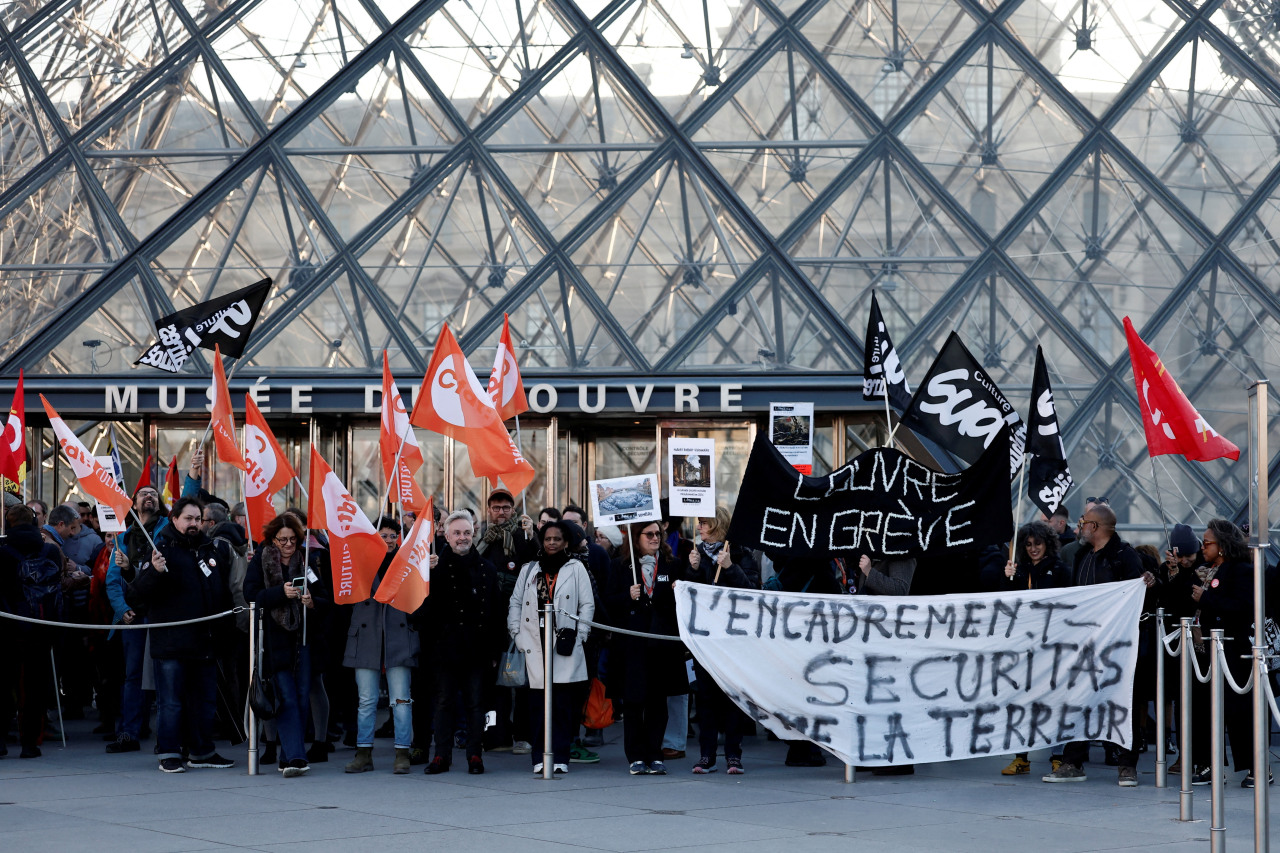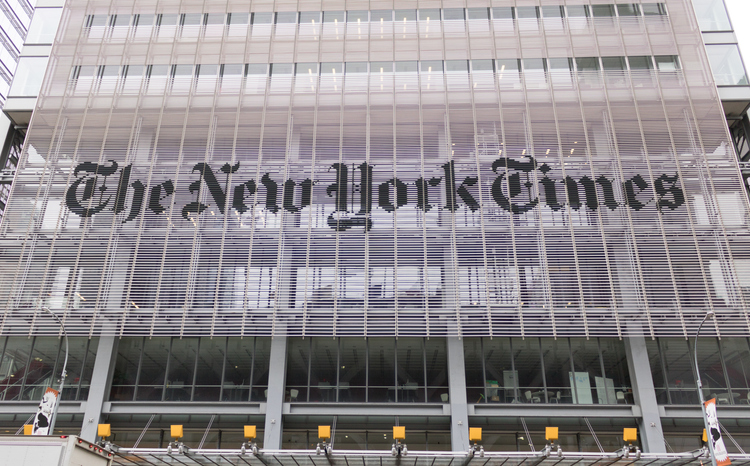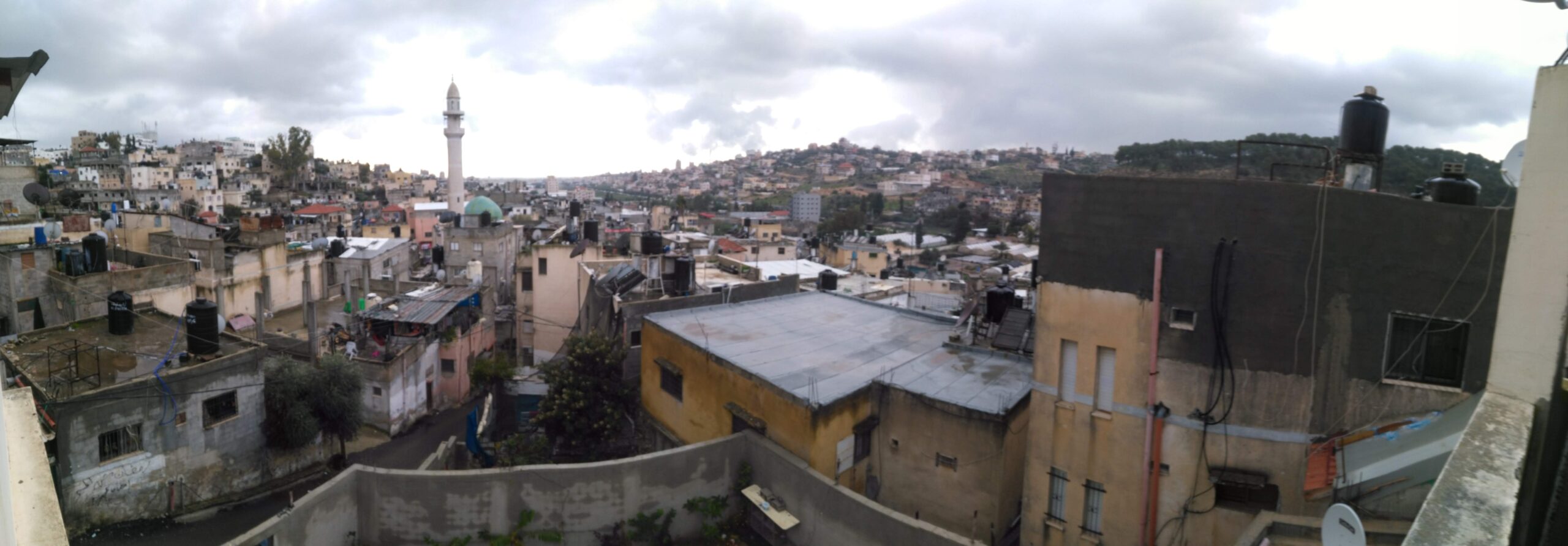Chinese actress Fan Bingbing has returned to the Tokyo International Film Festival (TIFF) fifteen years after winning Best Actress for her role in *Buddha Mountain* in 2010. This time, she is garnering attention for her transformative performance in the film *Mother Bhumi*, where she portrays a character that is strikingly different from her previous roles. Set against the backdrop of a rural Malaysian village, the film explores themes of colonial legacy, ethnic tensions, and spirituality.
Directed by Chong Keat Aun, *Mother Bhumi* features Fan as a single mother, farmer, and spiritual healer. Her character navigates complex social issues, all while showcasing stunning cinematography by Leung Ming-kai. Fan, once China’s highest-paid actress, has made a remarkable comeback after a five-year hiatus from the screen, prompted by tax evasion allegations that resulted in fines reportedly around $100 million.
Fan’s return to acting is marked by her compelling portrayal of a character deeply rooted in the local culture. In an interview with *The Hollywood Reporter*, she discussed her preparation for the role and the personal growth she experienced during her absence from the industry.
Transformative Preparation and Cultural Immersion
Fan revealed her approach to preparing for the role. “This character was actually quite difficult for me,” she stated. “Her life is very far from my own, and she’s very different from any roles I’ve played before.” To fully embody her character, she spent months learning the various dialects spoken in the film. “I couldn’t understand a word at first,” she admitted, likening the experience to learning a new language from scratch.
In addition to language acquisition, Fan immersed herself in the life of local farmers in Kedah, Malaysia, where filming took place. She spent time working alongside them, learning essential farming skills such as transplanting rice and herding buffaloes. “The most difficult thing was working in the flooded rice paddies,” she explained, noting the challenges posed by local wildlife. “I’d often end the day covered in bites.”
Fan also studied traditional healing rituals by observing the practices of the director’s father, a renowned healer. “I videoed him and then studied from the video,” she explained. This meticulous preparation allowed her to authentically portray the shamanic elements of her character.
Reflections on Growth and Future Aspirations
Discussing the impact of her experiences, Fan reflected on the deeper meanings of power and humanity. “Even though others see her as almost divine, she remains human, with all the helplessness that entails,” she shared. The complexity of her character resonated with her, prompting her to consider the nature of strength and resilience.
With a career spanning various regions and styles, Fan has worked alongside filmmakers from China, Hollywood, and beyond. She noted the differences in work culture, particularly between Hollywood’s strict schedules and the more relaxed environment in Malaysia. “Filming was calmer and more organic,” she noted, highlighting the benefits of a collaborative atmosphere.
Looking ahead, Fan expressed a desire to continue exploring arthouse films, despite the challenges facing this genre in China. “The problem is that Chinese cinema today lacks diversity,” she said, pointing to a declining box office for traditional films. The audience’s shift towards shorter online dramas poses a challenge for filmmakers dedicated to artistic storytelling.
As she continues to navigate her career, Fan remains committed to telling stories that resonate deeply with her. “If I make another Chinese film, I want it to be one where I truly feel something for the character,” she stated, emphasizing the need for genuine expression in her work.
Fan Bingbing’s journey, marked by both challenges and triumphs, reflects her resilience and dedication to her craft. Her performance in *Mother Bhumi* not only showcases her acting abilities but also signifies a personal and professional rebirth as she reestablishes herself in the global film landscape.







